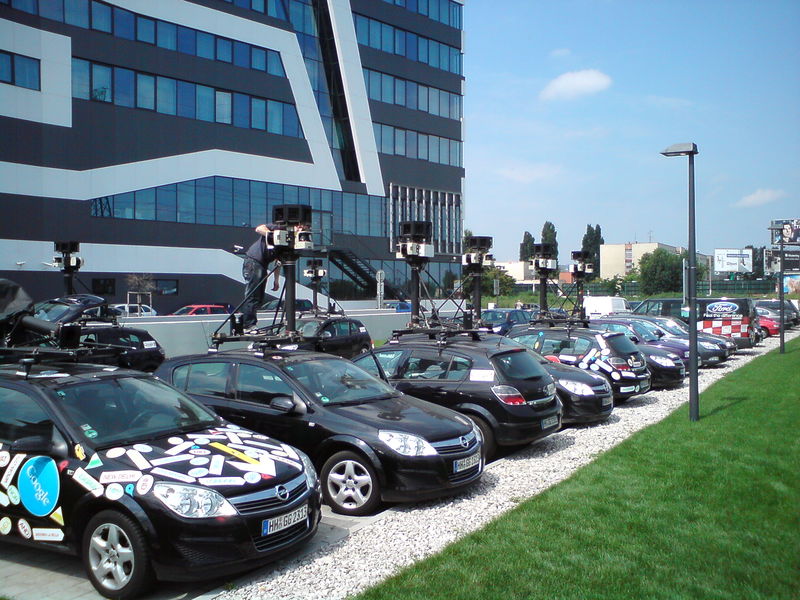How Automated Technologies Can Broaden the Scope of Smart Parking
The urban mobility scenario gets slammed with a constant onslaught of vehicles every year. If you live in a city, then traffic congestion and parking unavailability eat up your precious time and cause stress, but you have started to consider it as a way of life. However, it doesn’t have to be this way for much longer. Automated technologies in smart parking can provide a solution to the never-ending problem of traffic and parking in urban centers.

Understanding Smart Parking
The concept of smart parking can reduce traffic significantly by making it easier to find empty parking slots. A study by INRIX revealed that scouring for parking costs Americans $73 billion annually. Another study by the British Parking Association (BPA) concluded that 39% of motorists admitted that finding somewhere to park causes them stress every day.
For those of you who are wondering what exactly is smart parking, it is a parking solution that uses technologies like AI, machine learning algorithms, sensors, cameras, etc. to detect and inform motorists on the availability of vacant parking bays in real-time.
Scope of Automated Technologies in Smart Parking
A further expansion upon the scope of the aforementioned automated technologies is already being tested for smart parking. For instance, it is expected that fully-automated parking garages using lasers to scan vehicles will come into existence in the future. These garages will be operated by robotic valets that will park cars.
An automated dolly will transport the vehicles to the storage rack. Initial data reports that such parking lots will be able to fit in four times the number of cars since they will eliminate the need to leave spaces between vehicles, usually required by humans to get in or out. Just this simple spatial rearrangement will add a massive number of parking spots in cities that are already registering an acute parking shortage.
Reliance on technological integration with smart parking will also reduce the inefficiencies for municipalities. Automated technologies can allow a range of mobile payment options for parking as well as the use of license plate recognition or LPR. LPR improves the physical security of vehicles parked at any designated space. LPR through video surveillance can also aid in catching vehicles parked illegally in long-term or specialized spots, like the ones reserved for differently-abled.
Automated technologies make smart parking a reality, which also benefits owners of parking spaces. They will possess in-depth knowledge about the parking behaviors and trends taking place in a space they own. This will help them create sophisticated strategies capable of quadrupling revenue and providing better security to vehicles.
In Conclusion
Fully realized smart cities cannot be developed without a smart parking infrastructure. This infrastructure will also enable driverless cars of the future to park themselves. AV fleets will alter the way cars are used and parked today.
By integrating automated technologies with smart parking, we stand to improve the urban quality of life and make more optimal and sustainable use of the available resources. Want to know more about the applications of automated technologies in smart parking? Log on to www.getmyparking.com.

